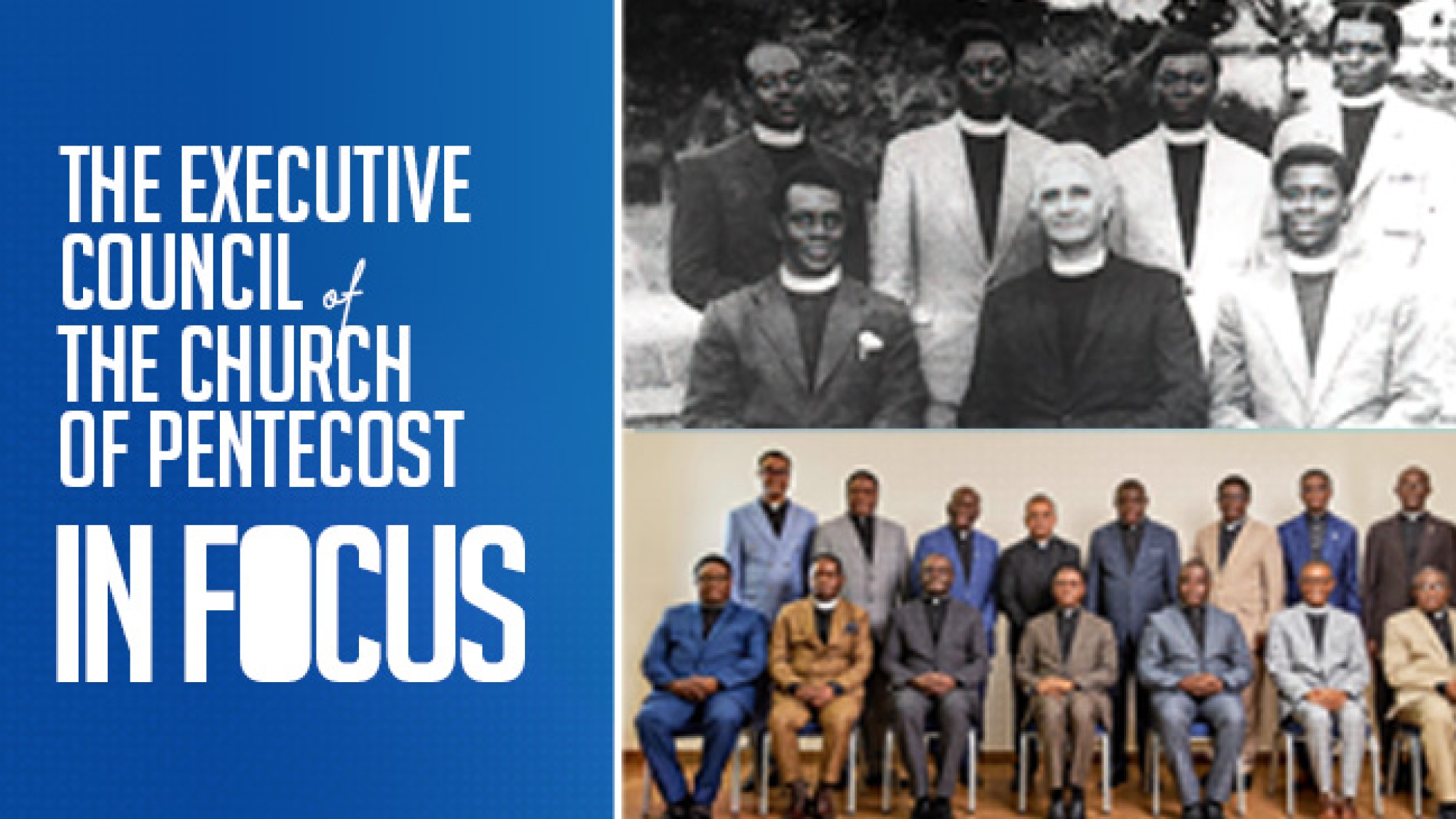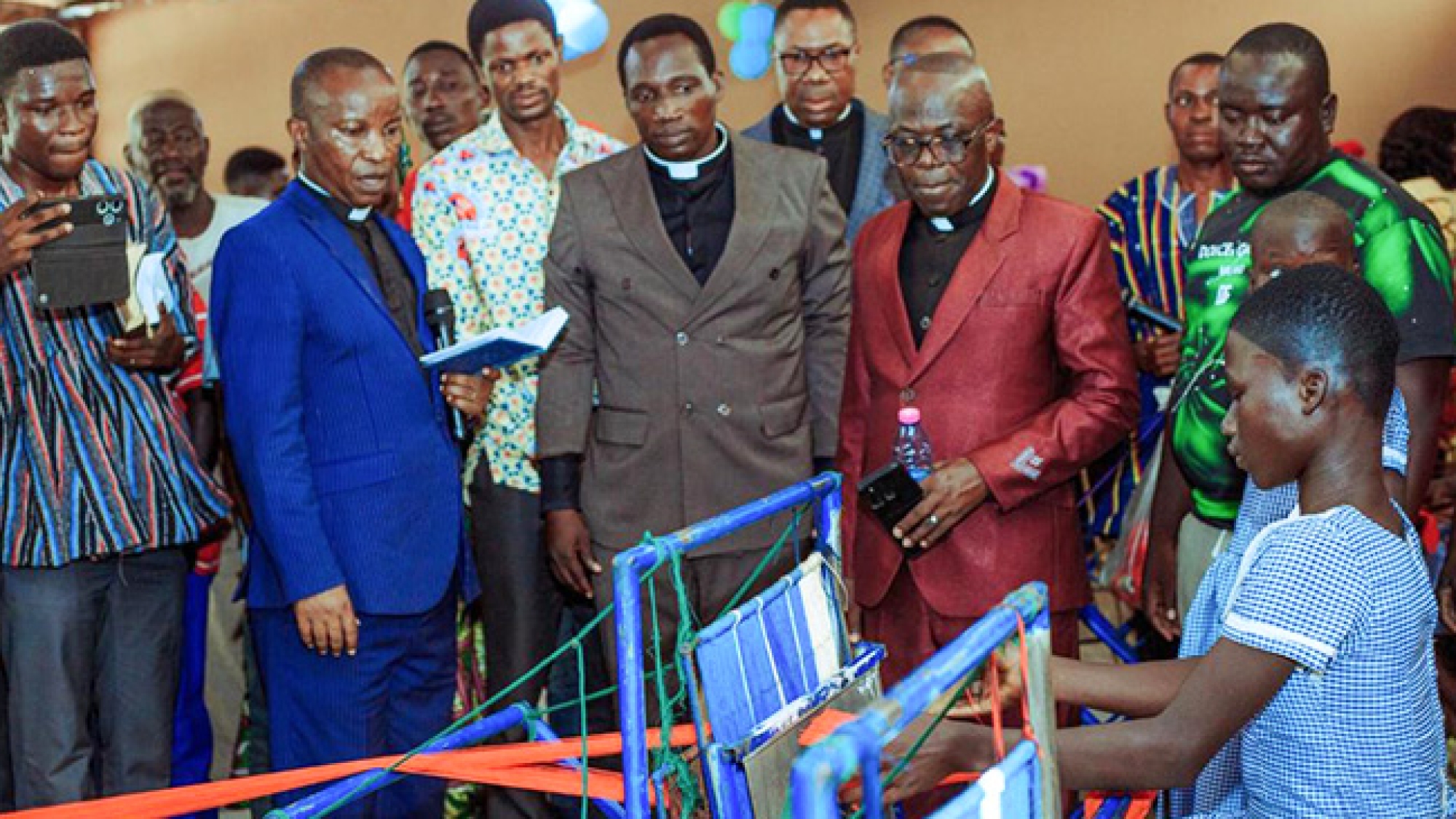INTRODUCTION
In this article, I briefly espouse the essence of womanhood— not as a means to an end or a burdensome role—but rather as a total purpose, a sacred calling with earthly and eternal rewards.
I love to use stories as anecdotes to convey my thoughts, so permit me to share this story. A few years into my marriage, I found myself exhausted after a long Saturday of cooking, cleaning, and caring for our home. My husband, deeply engrossed in preparing a sermon, looked up when I asked, “Honey, does all this kitchen work even matter for eternity?” He chuckled and gently reassured me of the sacredness of every role I undertake as a woman. Though I knew this truth, I needed that reminder, especially in a world that often elevates work outside the home over a woman’s work at home. Sometimes, we all need that nudge in the right direction. So, let’s journey together in rediscovering the divine essence of womanhood.
THE SACRED CALL OF WOMANHOOD
God created both men and women wonderfully and with purpose (Psalm 139:14), and like the man, He created the woman “….in Christ Jesus to do good works..” (Ephesians 2:10). The good works go beyond the kitchen and the home, though these spaces are equally important. Every aspect of a woman’s life—her faith, family, career, and all spheres—is meaningful in God’s grand design. In the pages of the Bible, and our contemporary times, we see godly women such as Deborah, Abigail, Esther, Deborah, the unnamed Proverbs 31-woman, Florence Nightingale, Rosa Park, and Mother Teresa playing incredible roles in the home, public space and even spearheading the deliverance of nations.
God had great plans for adding women in His creation plan—women were not designed to be mere attachments to men, nor were they called to compete with them. The woman was created to play a complementary role to the man in the marital context (Genesis 2:18), and to lead, nurture, and influence society in various ways as seen in the pages of scripture. God’s grand scheme is redemption and transformation of the home and society, and this is in line with the overarching goal of the 2028 Vision of the Church of Pentecost: A church where members go to possess their world/nations by transforming every worldview, thought and behavior with values, principles and lifestyles of the Kingdom of God and thereby turning many people to Christ. The vision points us to using the kingdom lifestyle we have developed to influence first of all, our homes, the church, then our world at large as ambassadors of Christ (Ephesians 4-6; II Corinthians 5:20). In this vision and the grand vision of God, women play an integral role.
Yet, modern society often misrepresents womanhood, which has led to two extremes: While some insist that women should solely focus on the home, family, or homemaking, others advocate prioritizing personal and career success at the expense of family. The exclusivity of both perspectives miss the mark, and marrying the two extreme positions—which could make the woman’s impact more holistic—has become far-fetched. The dichotomy has made it difficult for some women, especially the younger generations to embrace the totality and beauty of godly womanhood. It has also stifled some women in fulfilling their spiritual mandate in the grand scheme of God’s plan for humanity, thinking womanhood is too complex and sometimes limiting. Womanhood is not an either-or dilemma—it is a holistic, God-ordained calling.
The question then is if womanhood captures the home and beyond, how do we live out our lives fulfilling our holistic calling when we are faced with a myriad of responsibilities and complexities in our roles? How do we align our mindset to see a woman’s role such as wifehood and motherhood as valuable and roles in the public sphere as sacred? How do we become kingdom carriers and infiltrate everything we do with godly principles and values?
The best example of a woman’s platform of influence is vividly illustrated by the iconic Proverbs 31 Woman. (Proverbs 31:10-31) She exemplifies the totality of womanhood with such grace and tenacity. She is not portrayed as a weak, incapable person waiting for her husband to do everything. Rather, she is portrayed as a nurturer, wise, tenacious, and influential person who is also a great home-maker. She is a beautiful complement to her husband and a formidable support to her community by portraying her qualities through her roles as a wife, mother, businesswoman and a philanthropist. She sees each of her roles as sacred. She makes her home and the public sphere so glorious that her own works praise her at the city gates (Proverbs 31:31).
Learning from this woman, I believe the first step in fulfilling our God-given calling is to realize that everything we do is sacred and of eternal significance. We must then be willing to take our everyday life, no matter how mundane it might look and place them before God as our spiritual act of worship (Romans 12:1-2; Col 3:17). So, whether we are nursing a baby, selling on the market, nursing a patient, teaching in the classroom or serving as a CEO of a company, we must see such as our spiritual act of service; that is saving souls, redeeming the lost and bringing hope.
Now, let us consider some practical and biblical applications of how this plays out, beginning with the home as the foundation of every impact we make.
THE HOME AS A FOUNDATION OF INFLUENCE
While women’s contributions in the public sphere are undeniable, their influence in the home remains foundational. A woman is the one that builds the home (Proverbs 14:1) from where every one—great and small—emerges. A woman plays a crucial role in shaping the spiritual and moral values of families, creating environments of love, discipline, and faith. The Bible highlights the significant role women play in the home as nurturers, teachers, and spiritual influencers leveraging on their godly wisdom, love, and faith to impact generations to come. Women nurture newborns who grow to become nation influencers. It was a woman who carried and nurtured the Savior of the world. Women raised every single leader the world has known.
The story of Timothy’s mother, Eunice, and grandmother, Lois (2 Timothy 1:5), is a testimony to the power of godly influence in the home and underscores that the sacredness of womanhood is often demonstrated in the quiet, consistent nurturing of faith within the next generation. Their faith shaped Timothy into a mighty servant of God. In our world, we can learn from the exceptional example of Susan Wesley who nurtured her children to be great world transformers. It is important to note that homemaking is not solely a woman’s responsibility—men also have a role to play in nurturing the home. Yet, a woman’s influence within the family is irreplaceable. The home is not secondary to the corporate world or even the church; it is the heart of a woman’s kingdom impact. So, if you find yourself serving in the home either wholly or partly, know that you are fulfilling a call in God’s grand scheme of redemption and transformation; you can be an agent of transformation right in the mundanity of your home!
A WOMAN’S INFLUENCE IN THE PUBLIC SPHERE
As women, we shape society in the capacity of leaders, educators, entrepreneurs, policymakers, and influencers in media and ministry. Whether leading businesses with integrity, pushing the kingdom frontiers, or mentoring the next generation, Christian women carry the responsibility to be light in a dark world (Matthew 5:14-16). Our presence in the public sphere is not about seeking power for personal gain but about fulfilling God’s call to be kingdom ambassadors in every area of life (2 Corinthians 5:20). But operating in the public sphere shouldn’t be at the expense of the home. Holistic ministry impact revolves around redeeming our homes first, and extending that grace to the public sphere.
Here are a few examples of exemplary women who left exceptional legacies in the public sphere but also served in their noble callings in the home:
- Esther – A Voice for Justice and Deliverance
As queen of Persia, Esther risked her life to intercede for her people, demonstrating that influence comes with responsibility (Esther 4:16). Her strategic wisdom, courage, and faith in God exemplify how Christian women today can advocate for righteousness in government, law, and human rights.
- Deborah – A Leader in Governance and Military Strategy
Deborah was a judge, prophetess, and military leader, providing wisdom and guidance to Israel (Judges 4:4-9). She led with integrity, partnering with Barak to bring victory to her nation. In today’s world, Christian women can serve in leadership roles, guiding organizations, churches, and communities with wisdom rooted in God’s truth.
- Huldah – A Counselor and National Advisor
Huldah, a prophetess, was consulted by high-ranking officials, including King Josiah’s delegation, for divine wisdom (2 Kings 22:14-15). She boldly declared God’s word, influencing national policies. Christian women today serve as advisors, counselors, educators, and policymakers, bringing biblical perspectives into crucial decision-making spaces.
- The Hebrew Midwives – Defying Injustice in Their Profession
Shiphrah and Puah, the Hebrew midwives, defied Pharaoh’s order to kill Hebrew baby boys, displaying great courage and moral conviction in their profession (Exodus 1:15-21). Their stand for life reminds us that Christian women in healthcare, social work, and advocacy must champion ethics, human dignity, and godly principles.
- Lydia – A Businesswoman Supporting the Gospel
Lydia, a successful merchant, used her resources and influence to support Paul’s ministry and establish a house church (Acts 16:14-15). Her example shows how Christian women in business and entrepreneurship can use their wealth and platforms to advance God’s mission.
What unites these women is their commitment to using their gifts, positions, and resources to transform their worlds with kingdom values? They partnered with men, rather than competing with them, and viewed every opportunity as a chance to advance God’s mission.
CONCLUSION
Womanhood is not just a status; it is a sacred calling. We are called to embrace it with joy, strength, and unwavering devotion. The Apostle Paul urges believers, “Live a life worthy of the calling you have received” (Ephesians 4:1). This means embodying wisdom, purity, and courage, even when the world presents conflicting values. Every Christian woman has a divine mandate—to lead boldly, nurture faithfully, and walk steadfastly in her kingdom mandate of infiltrating the world with kingdom principles, starting from the home and extending it beyond.
As we embrace this calling, may we draw strength from God’s Word, influence our families and communities, and inspire upcoming generations.
Written by Dr. (Mrs.) Cynthia Adom-Portuphy














